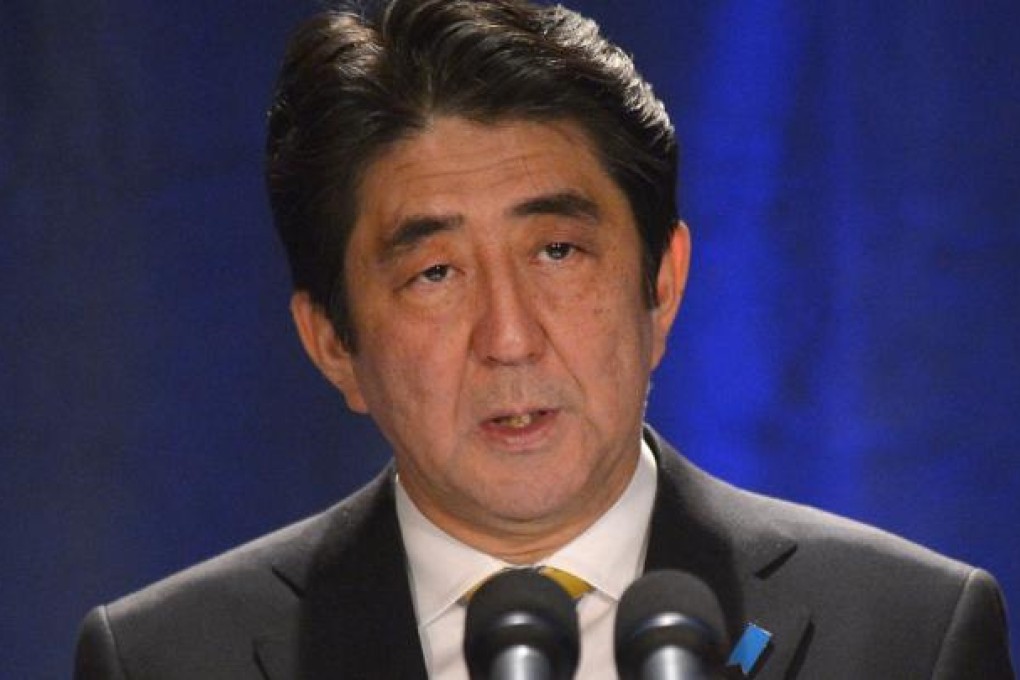Danger signs for the global economy
While people fret about a potential shooting war between three of the world's largest economies in the East China Sea, the real danger may be a currency war in which all three countries will be key players.

While people fret about a potential shooting war between three of the world's largest economies in the East China Sea, the real danger may be a currency war in which all three countries will be key players.
Talks of a race by countries to devalue their currencies a la 1930s may be overblown, but the alarming drop in the value of the Japanese yen - a fall of almost 20 per cent against the US dollar since November - has revived fears among its export-reliant neighbours, including China.
This was what prompted the G7 group of industrialised nations and the G20 - in which the emerging market powerhouses are better represented - to both declare their member states would not target exchange rates for competitive purposes and risk a currency war. But promises are not the same as concrete policy co-ordination, the lack of which has left markets feeling uneasy as it was before their meetings.
There are clear worries among those member states about Japan's new Prime Minister Shinzo Abe's loose talk about a lower yen and a higher inflation target. It was the US' aggressive quantitative easing in 2010 that first prompted warnings from Brazil of "a currency war".
The US' ultra-loose monetary policy created a low-interest environment and pushed up the currencies of other countries as the value of the US dollar fell. That has created excess liquidity to flood into those markets and caused asset bubbles.
Now Japan has followed suit with a similar quantitative easing policy. This time Asian exporters such as Taiwan, Korea, Malaysia and China are especially worried. Interestingly, China has been far less belligerent in its rhetoric over the currency disputes than over the East China Sea; and the US is far more openly critical of Japan's policy under Abe.